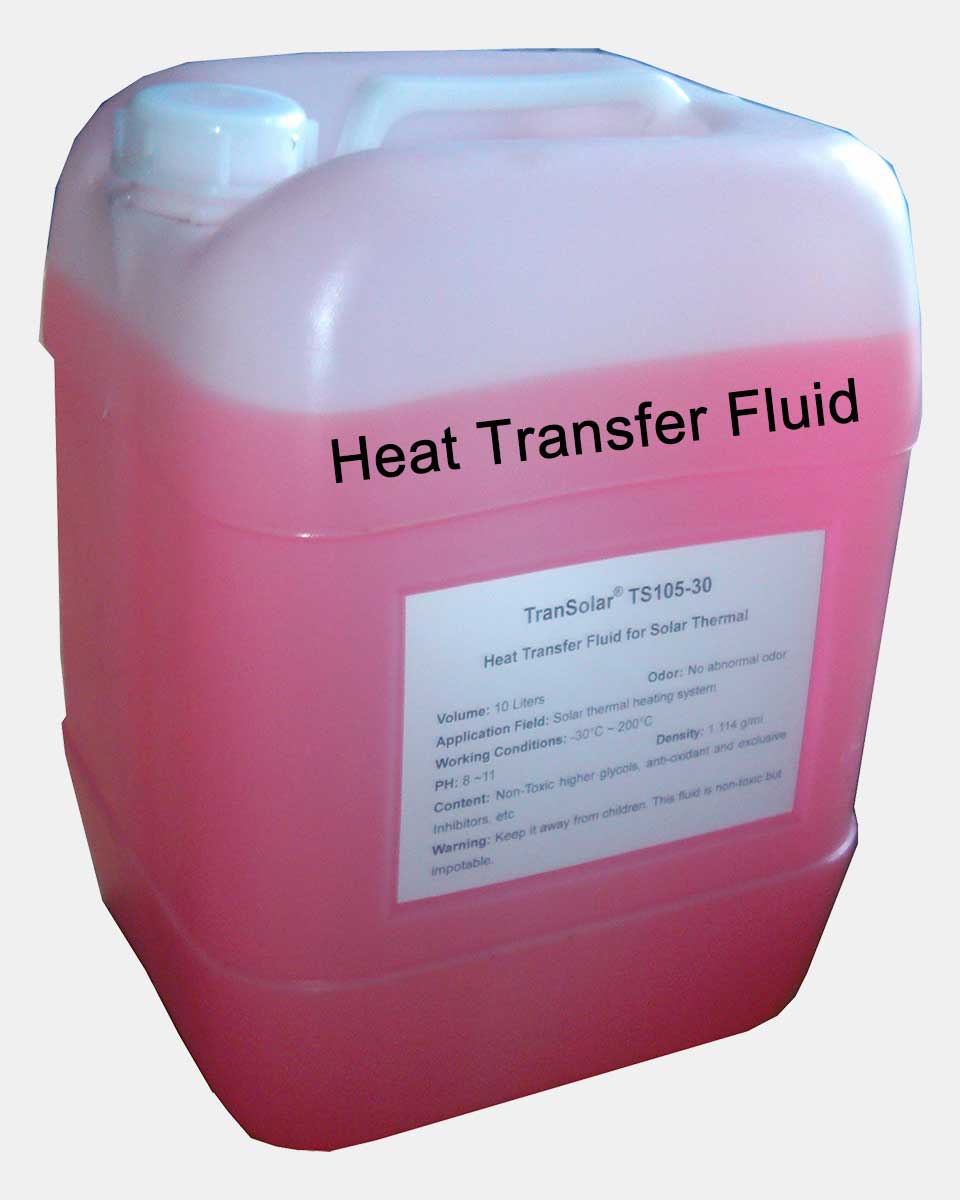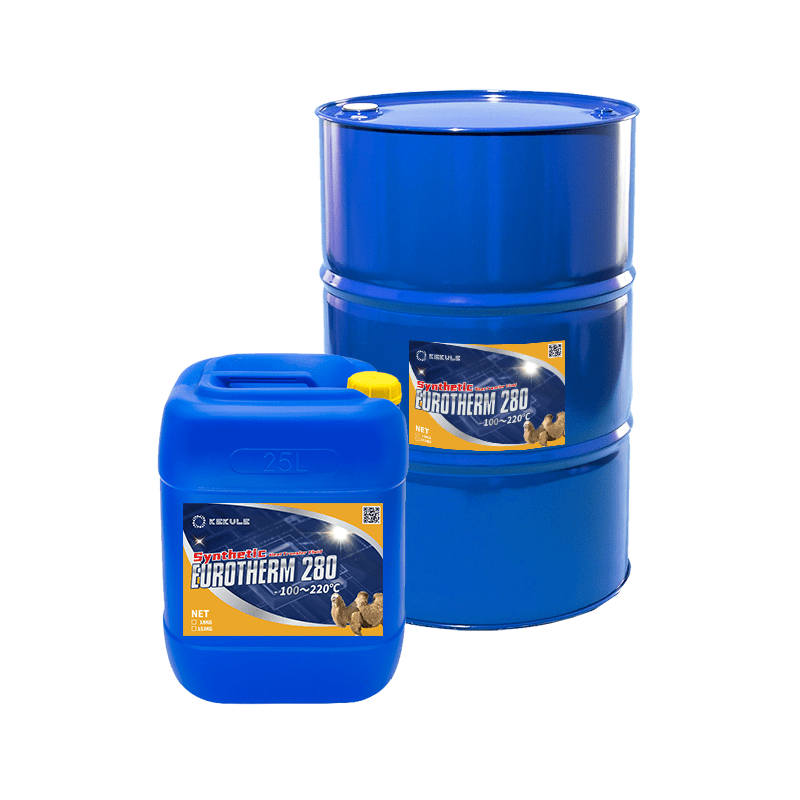The Importance of Thermal Oil in Heat Transfer Systems
The Importance of Thermal Oil in Heat Transfer Systems
Blog Article
Maximize Your System's Life expectancy With the Right Heat Transfer Fluid
Choosing the ideal heat transfer fluid is vital for optimizing system performance and long life. The right fluid not just boosts thermal efficiency however additionally reduces prospective damage on crucial elements such as pumps and warm exchangers - thermal oil. Comprehending the numerous kinds of heat transfer fluids and the particular demands of your application can dramatically affect the total health of your system. Many neglect crucial aspects that might make a considerable distinction. What factors to consider might you be missing out on that could inevitably affect your system's effectiveness?
Importance of Heat Transfer Fluids

Furthermore, warm transfer liquids add to the safety and security and integrity of thermal systems. In addition, the ideal warm transfer liquid can supply defense versus deterioration and scaling, additional prolonging the life expectancy of machinery and infrastructure.
Kinds Of Heat Transfer Fluids
Various kinds of warmth transfer liquids are typically utilized in industrial applications, each customized to details functional demands and temperature level ranges. The most prevalent groups include water, oils, and specialized artificial liquids.
Water is often employed as a result of its superb thermal conductivity and accessibility; however, its limitations emerge at heats and prospective freezing problems. For greater temperature level applications, thermal oils, such as mineral oils or organic substances, are utilized. These oils provide premium thermal stability and can operate properly at elevated temperature levels, making them appropriate for processes like food handling and petrochemical production.
Artificial fluids, which can be either inorganic or natural, are created to meet details performance criteria. They usually display enhanced homes such as low poisoning, large temperature ranges, and resistance to oxidation. Examples consist of esters and glycols, which are excellent for specialized applications like solar thermal systems and warmth exchangers.
Additionally, refrigerants are made use of in cooling down systems, leveraging their stage adjustment residential or commercial properties to release and soak up warm effectively. Each sort of heat transfer liquid is and presents distinct benefits chosen based upon the specific demands of the application, ensuring ideal efficiency and system longevity.
Elements to Take Into Consideration When Choosing
Choosing the ideal heat transfer fluid includes cautious factor to consider of several aspects to make certain optimal performance and system effectiveness. Among the primary factors is the temperature array required for the system. Liquids differ in their thermal stability and can shed or decompose performance outside details temperature limits.
Another crucial consideration is the liquid's thickness, as it influences pump efficiency and energy consumption. A fluid that is too thick might prevent flow and boost operational prices. In addition, the liquid's particular heat capacity plays an essential function in figuring out exactly how efficiently it can transfer warmth.
Chemical compatibility with system products is also vital to prevent deterioration, deterioration, or leaks - silicone oil. Ensuring that the picked fluid works with the building and construction materials can prolong the life-span of the system

Advantages of Proper Fluid Choice
Correct selection of a heat transfer liquid yields substantial advantages for system effectiveness and integrity. The appropriate fluid enhances thermal dielectric cooling fluid conductivity, making sure optimum warmth transfer prices within the system. This efficiency reduces energy usage, bring about reduced functional costs and a reduced environmental footprint.
Furthermore, proper liquid option adds to system long life by protecting against corrosion and degradation of components. Fluids formulated with corrosion preventions protect steel surface areas, therefore expanding the life-span of pumps, pipelines, and warmth exchangers. In addition, choosing a liquid with appropriate viscosity guarantees effective circulation, which is important for preserving consistent temperature circulation throughout the system.
An additional crucial advantage is the fluid's thermal stability. A stable warmth transfer liquid can operate over a large temperature variety without breaking down or losing performance, which is crucial for systems revealed to changing thermal conditions. The ideal fluid can likewise mitigate risks associated to cold or boiling, thus avoiding functional interruptions.
Maintenance Tips for Long Life
Guaranteeing the long life of a warm transfer system requires attentive upkeep practices that match the benefits of appropriate fluid choice. Regular assessments are vital to identify prospective leakages, rust, or sediment build-up that could endanger system effectiveness. Develop a regular timetable to analyze pipe honesty, connections, and fittings, as these locations are frequently at risk to damage.

Checking liquid degrees and top quality is equally essential. Frequently inspect for indications of contamination, such as discoloration or particle matter, which can suggest deterioration of the warm transfer liquid. Carrying out regular liquid analysis can offer insights into its chemical residential properties, enabling prompt replacements when required.
Furthermore, maintaining optimal operating temperatures is crucial. Motivate the use look at here of temperature controls and sensors to avoid overheating, which can increase liquid deterioration and damage system components.
Lastly, constantly comply with the maker's guidelines concerning fluid substitute intervals and maintenance methods. By devoting to these finest practices, you can significantly boost the functional life expectancy of your heat transfer system, making certain dependable efficiency and minimizing the requirement for early replacements or costly fixings.
Verdict
In final thought, the selection of an appropriate warm transfer fluid is crucial for boosting system effectiveness and durability. By comprehending the various sorts of fluids and considering vital aspects such as thermal conductivity and corrosion resistance, optimum performance can be attained. Furthermore, normal maintenance and inspections play an essential function in sustaining operating problems. Focusing on these aspects ensures the prolonged lifespan of necessary elements, ultimately contributing to an extra reliable and dependable system.
Warmth transfer liquids play an important duty in numerous industrial and commercial applications by helping with the effective transfer of warm in between surface areas.In addition, warmth transfer liquids add to the safety and security and reliability of thermal systems. Additionally, the Look At This fluid's certain warmth ability plays a vital function in figuring out how properly it can move warmth.
The right liquid boosts thermal conductivity, making certain optimum warmth transfer prices within the system. A secure warmth transfer liquid can run over a large temperature level array without damaging down or shedding effectiveness, which is vital for systems subjected to varying thermal conditions.
Report this page